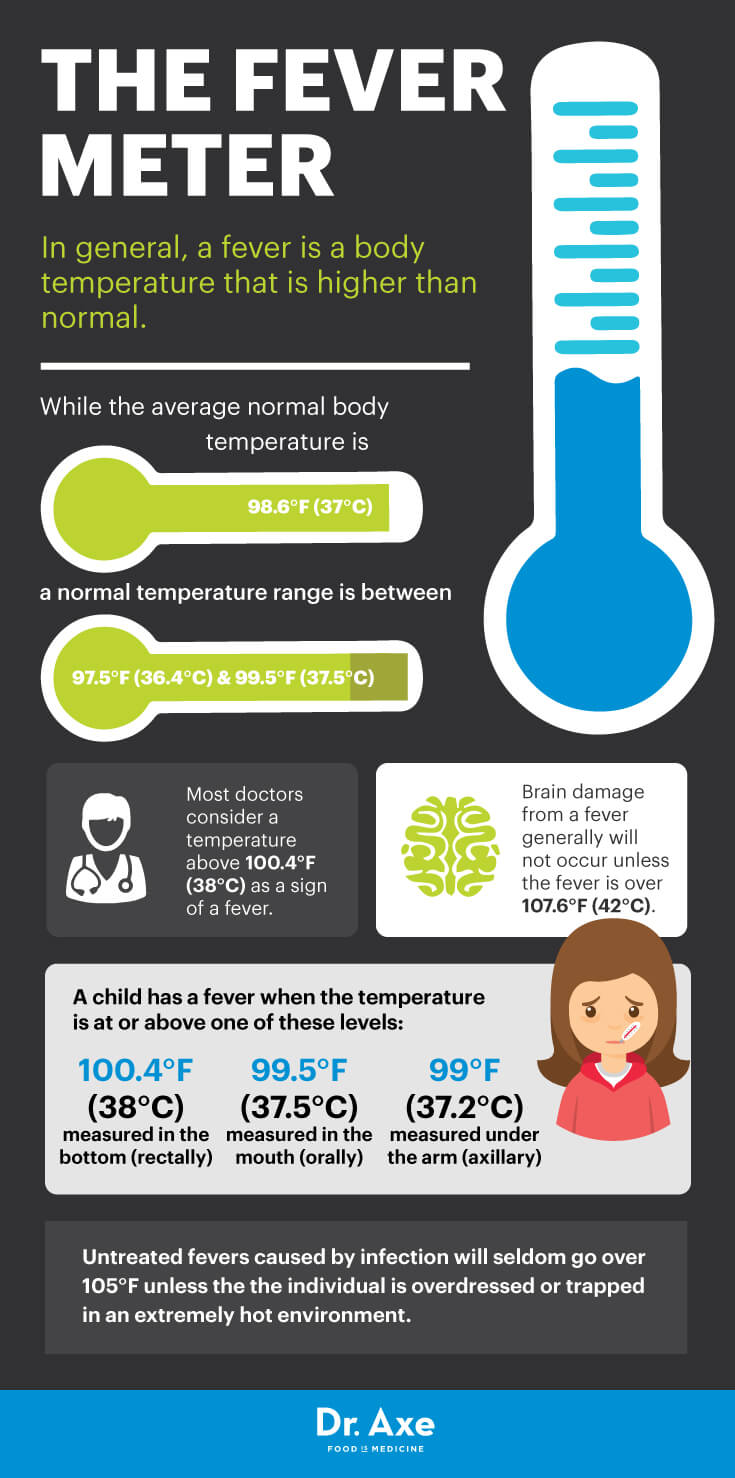Tylenol (acetaminophen, paracetamol) is one of the most popular over-the-counter medications that is used during pregnancy and within our pediatric population (newborns and young children) for pain and fever. However, there is compelling new evidence that suggests Tylenol use may be neurotoxic and increase your child's risk for developing Autism and ADHD (Autistic Spectrum Symptoms) especially in boys. (https://academic.oup.com/ije/article/45/6/1987/2617189, http://journals.sagepub.com/doi/pdf/10.1177/0300060517693423)
A connection between the acetaminophen
and autism was first identified in 2008 by
Schultz et al. https://www.ncbi.nlm.nih.gov/pubmed/18445737, who found that acetaminophen
use was significantly
associated with autism in children aged 5
years or less. Several investigators also noted that there was a marked increase in autism and ADHD throughout the early 1980's........which seemed to correspond to the replacement of
aspirin use in children for fever with acetaminophen use (due to the association of aspirin to trigger the development of Reyes Syndrome in pediatric populations).
Surprisingly, Cuba which has a mandatory vaccination program, has a 298 times lower incidence of autism as compared to the United States. However, when a child develops a vaccine-related fever in Cuba, they are prescribed a drug called Metamizole (which is not available in the U.S. due to a possible risk for a bone marrow disorder called agranulocytosis) vs. Acetaminophen. Note: While we cannot firmly establish an association between the lack of acetaminophen use and the reduction in autism rates in Cuba, one study did associate post-MMR vaccination use of acetaminophen with an increased risk for autism in children vs. ibuprofen which showed no increase in autism rates post- vaccination.
Thus, while we cannot be 100% certain Tylenol increases the risk for developing Autistic Spectrum Symptoms in children, we can at least try our best to avoid the use of acetaminophen containing products during pregnancy and in young children. In addition, we should consider reducing fever naturally first (i.e. increasing fluid intake, using cold compresses and luke warm baths etc.) before reaching for potentially harmful pharmacologic treatments especially during pregnancy and in young children.

Informational Videos:
Acetaminophen increases the risk of autism. Dr. William Parker describes his latest research.
Acetaminophen (paracetamol) and autism? Is there a connection?
Paracetamol danger | 9 News Perth
Is Tylenol DANGEROUS FOR INFANTS? (Acetaminophen) | Dr. Paul
How to Reduce a Fever Naturally
Learn More About Safe & Effective Drug-Free Therapies
From Targeted Medical PharmaRead our Open Letter and Primer
References:
http://journals.sagepub.com/doi/pdf/10.1177/0300060517693423
https://www.medicalnewstoday.com/articles/311418.php
https://www.todaysparent.com/pregnancy/dont-panic-about-study-linking-tylenol-during-pregnancy-to-autism/
https://www.ncbi.nlm.nih.gov/pubmed/20030462
http://www.autismsupportnetwork.com/news/acetaminophen-behind-autism-epidemic-otc-meds-given-prevent-fever-after-vaccines-may-be-culprit-24782942
http://naturopathicpediatrics.com/2013/07/15/just-say-no-to-tylenol-acetaminophen-causes-autism/
https://www.ncbi.nlm.nih.gov/pubmed/18445737
https://academic.oup.com/ije/article/45/6/1987/2617189
https://draxe.com/how-to-get-rid-of-a-fever/https://www.livestrong.com/article/156852-natural-home-fever-reducer-remedies/
